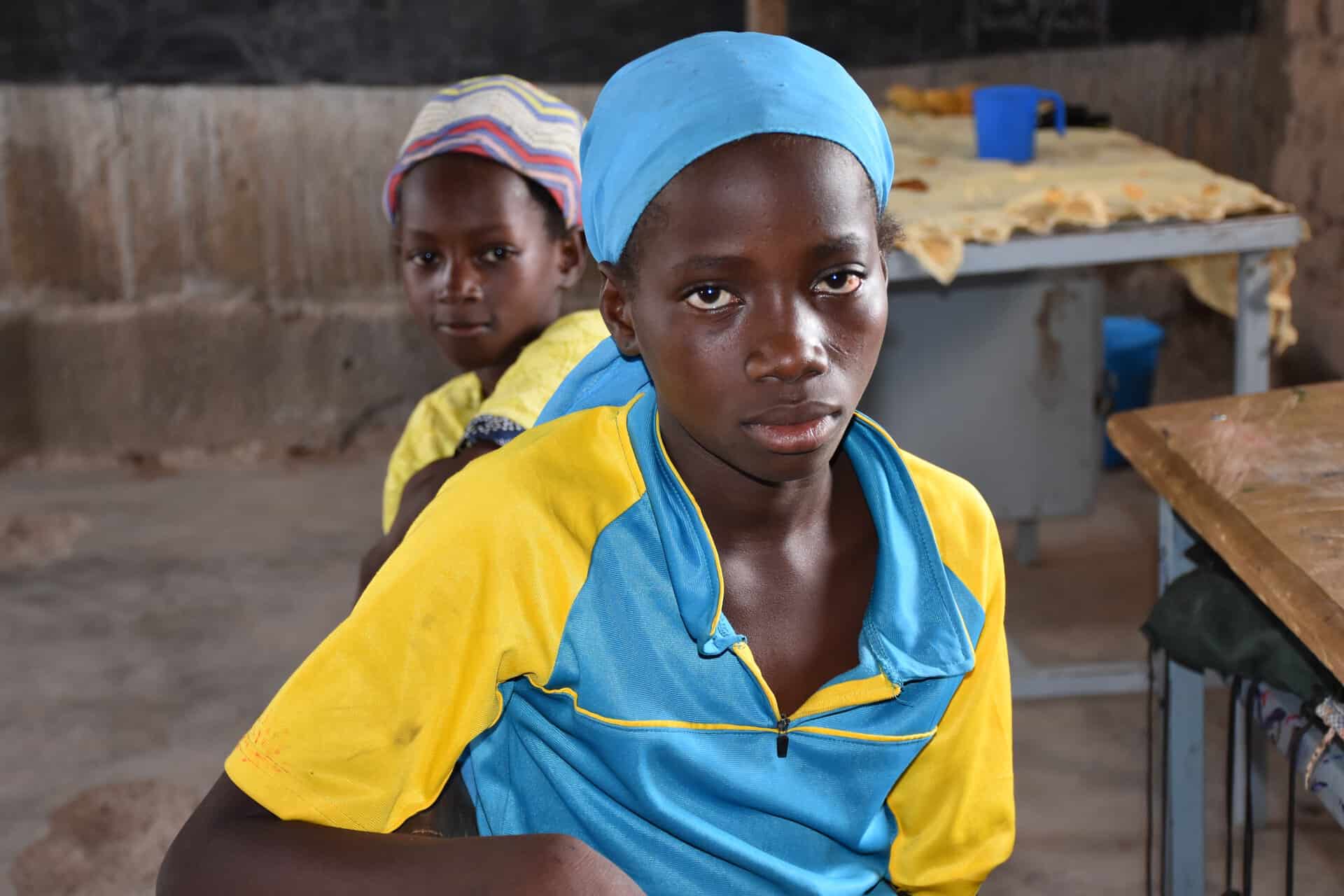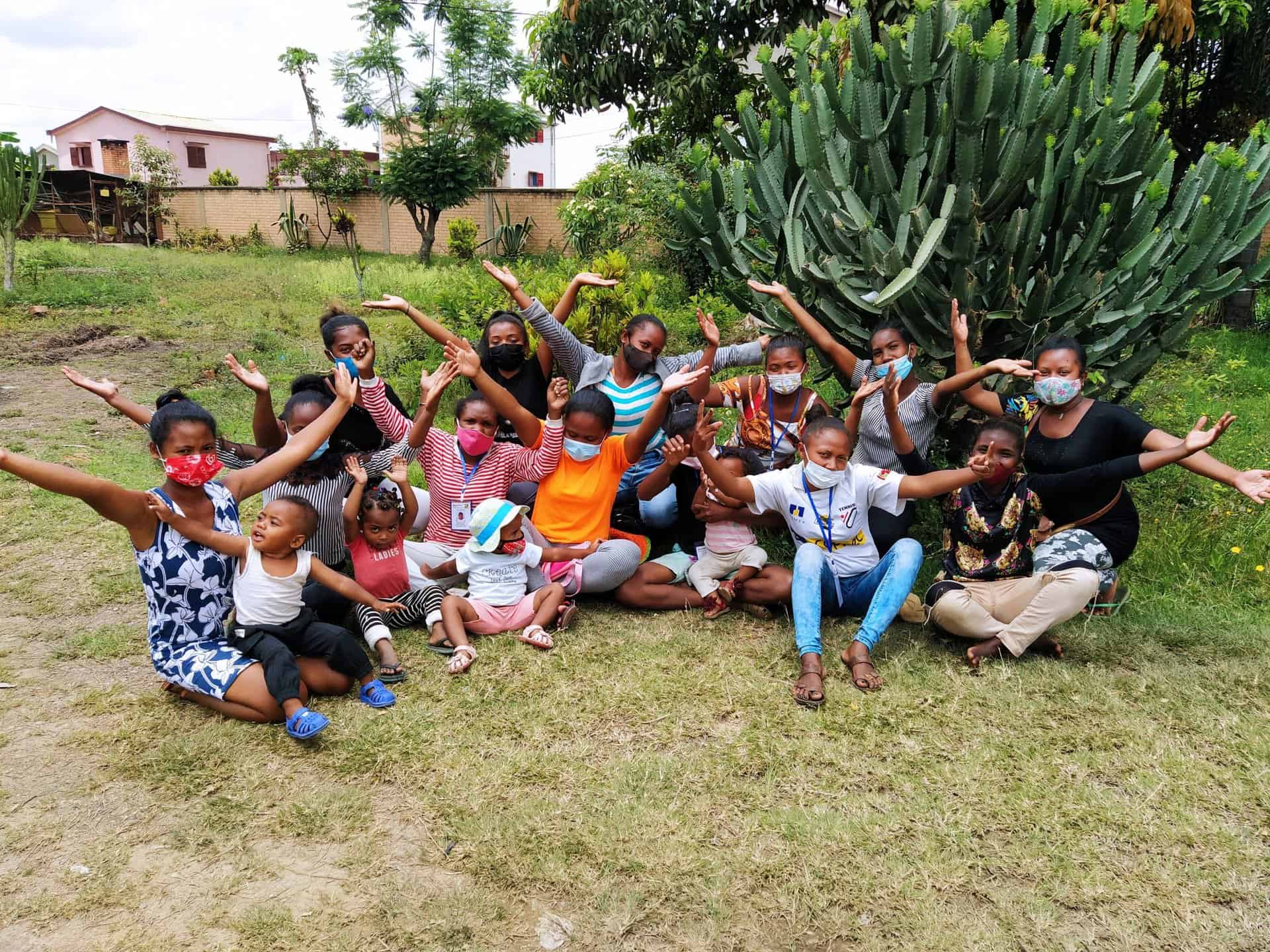Since the unanimous adoption of the Beijing Declaration and Platform for Action, for the empowerment of women In 1995, significant progress was made for the rights of the world's girls and women. Today, however, the multiplication of crises and conflicts risks reducing the progress made and condemning future generations to obscurity and silence. At issue is the lack of funding and attention paid to girls' education, the only guarantee of true gender equality.
It is difficult this year to celebrate the International Day of the Girl (11 October) without thinking of the tragic and ignoble fate that millions of young girls are currently experiencing in the heart of Afghanistan! They who, overnight, have lost their most fundamental and essential rights; they who, in an instant, have been condemned to disappear as subjects of rights, as free, educated and enlightened citizens; they who have been once again cast into darkness and ignorance. Afghanistan, one of the poorest countries in the world, had made great strides in recent years: the right to education for all, girls and boys, was enshrined in the Afghan constitution with almost 9 years of compulsory education. In less than twenty years, nearly 2.5 million girls had been enrolled in primary school and the female literacy rate had doubled from 17% to 30% between 2001 and 2018. Less than two years ago, 4 out of 10 students were women, compared to 0 out of 10 twenty years earlier. However, the arrival of the Taliban in power now threatens to wipe out all the progress made, with the introduction of new laws and rules limiting the most fundamental rights of girls, increasing the risk of early marriage and pregnancy, and physical and moral violence against women, young and old, reduced to the status of objects and absolute servitude.
From Afghanistan to Africa: girls denied their rights
It would be hard to believe that the situation in Afghanistan is unique and extreme. Outside of crisis situations, the rights of girls are in fact very poorly respected. There are nearly 1.2 million missing female births worldwide each year. China and India account for between 90% and 95% due to a clear preference and pre-selection for boys. More than 130 million girls (primary + secondary) are not enrolled in school worldwide and those who do have access suffer from a very poor quality education that does not give them the means to become autonomous. About 1 in 4 girls between 15 and 19 years of age is neither employed nor in training, compared to 1 in 10 boys of the same age. Finally, every year, 12 million underage girls are married. And more than 150 million are likely to be married before their eighteenth birthday by 2030. In times of crisis, whether political, economic or health, their situation is even more dramatic. When financial resources decrease, when tensions increase, girls are often the first to be taken out of school to help at home. They are more likely to be forcibly married off at a very young age, relegated to the home, to domestic chores, abused...the COVID-19 crisis was no exception and brought the fragile situation of young girls into sharp focus. School closures, social distancing and confinement strategies have had a terrible impact on them and have severely limited their access to distance learning programmes. They had to take care of confined children and increase their quota of domestic chores. They have had more difficulty accessing health services and have been more exposed to violence: nearly 4 million girls have been or will be forcibly married in the coming months, the closure of schools could lead to an increase of nearly 65% in early pregnancies, and the UN fears that the number of female genital mutilations will increase by 2 million this year due to the COVID-19.
Underfunding of girls' education
But if the situation of girls since 1995, when over 180 countries unanimously adopted the Beijing Declaration and Platform for Action on the Empowerment of Women, The fact that the progress made is so fragile and can be so easily swept away is no coincidence. For several decades, the desire to achieve gender equality and to promote the autonomy and empowerment of girls has certainly been proclaimed loud and clear, but it has to be said that it has often been nothing more than fine words, lacking in concrete action and heavy financial investment. For a long time, the education of young girls, in particular, remained the poor relation of development aid, leaving millions of young girls deprived of any possibility of learning and training, of knowing their rights and having them respected. Education, a source of knowledge, rights and empowerment, is the true catalyst for gender equality and an essential golden thread towards autonomy and freedom for half of humanity. A significant change seems to have started in 2021 with the holding of the Generation Equality Forum in France last July. It ended with an unprecedented commitment to the future of millions of young girls. A five-year global action plan worth 40 billion dollars to achieve gender equality by 2026. It is to be hoped that words will be followed by concrete and significant commitments, that this time another impulse will be given and that the daily life of millions of young girls will be clearly and durably improved. For there would be nothing worse, 25 years after this forum, and 50 years after the Beijing Declaration, than to make the bitter observation of a new failure.






